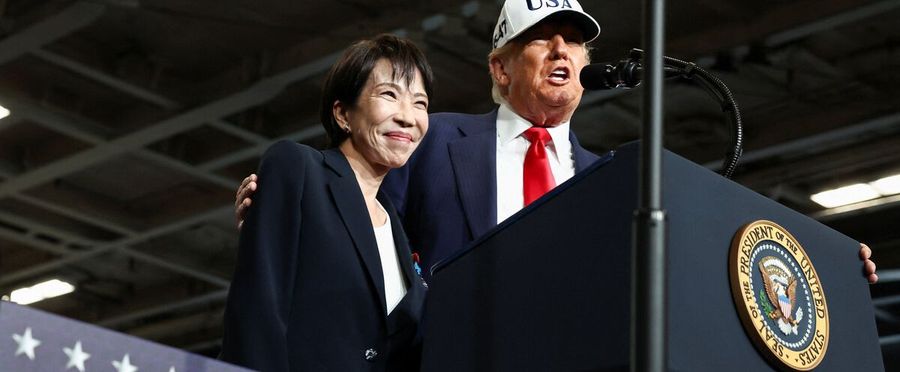The U.S.-Japan alliance appears to be strengthening, as indicated by recent interactions between the two nations. However, there seems to be a lack of clear, strategic vision to guide this intensified cooperation. This series of events comes as both nations are looking to balance their national interests with international responsibility, navigate geopolitical complexities, and potentially reshape their status within the global power structure.
Japanese society is closely monitoring these developments as they hold implications for Japan's security and diplomatic stance. The country's changing position within this alliance could significantly influence its geopolitical strategy moving forward. Furthermore, it's a reflection of Japan's continuing balancing act between its strategic autonomy and dependence on the U.S. for dealing with regional issues, particularly involving China and North Korea.
In the U.S. or EU, similar strategic alliances often entail thorough discussions about shared objectives and strategic visions to shape policy direction. While strengthening ties are typically seen positively, the apparent lack of strategic clarity would likely raise questions about the ultimate objectives and benefits of the fortified alliance.

